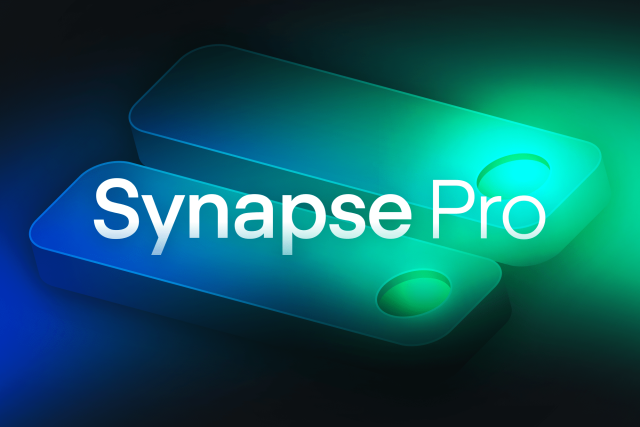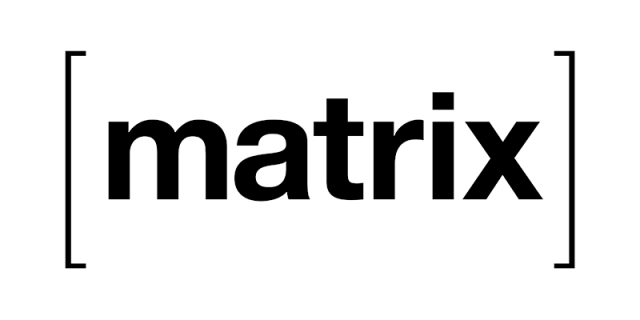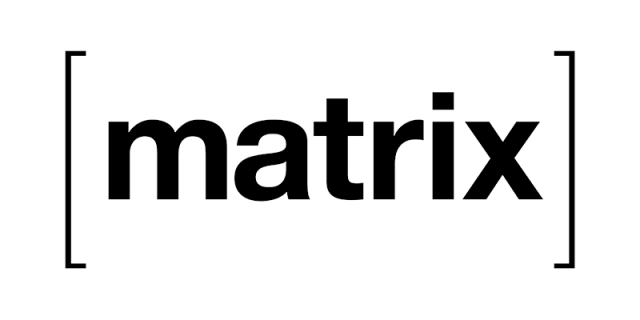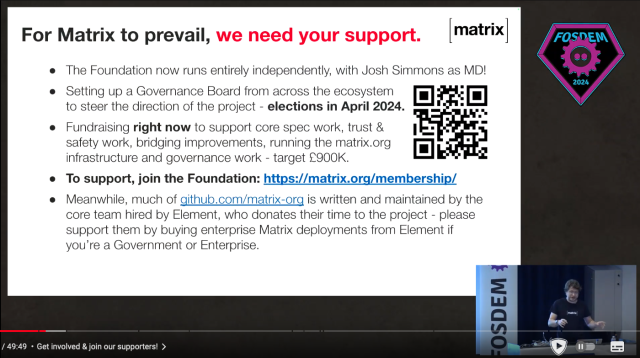Digital Sovereignty in Practice: Web Browsers as a Reality Check
Reading in Servo’s latest weekly report that it’s now passing 1.7 million Web Platform Subtests, I started wondering: How much investment would it build it into a competitive, independent browser, in the context of all this talk on digital sovereignty?
Servo is an experimental web browser engine written in Rust, originally developed by Mozilla Research as a memory-safe, parallel alternative to traditional browser engines like Gecko and WebKit. After Mozilla laid off the entire Servo team in 2020, the project was transferred to Linux Foundation Europe, where it continues to be developed with minimal funding from individual donors and Igalia, a team of just five engineers. Servo’s progress demonstrates what’s possible with intentional investment in independent browser projects.
As initiatives like EuroStack propose €300 billion investments in digital infrastructure and researchers proposing comprehensive roadmaps for “reclaiming digital sovereignty” through democratic, public-led digital stacks, browsers are an ideal test case to ground these ambitious visions in reality.
The current browser landscape reveals how concentrated digital control has become. Roughly 75% of global web traffic flows through browsers based on Google’s Chromium engine; not just Chrome, but Microsoft Edge, Samsung, and dozens of others. Apple’s Safari dominates iOS but remains locked to their ecosystem. Firefox, once a genuine alternative, has declined to under 5% market share globally. This means American companies control how billions of users worldwide access the web. Every search, transaction, and digital service flows through infrastructure ultimately controlled by Silicon Valley. For societies valuing their independence and sovereignty, this represents a fundamental vulnerability that recent geopolitical events have made impossible to ignore.
Digital infrastructure is as important as energy or transportation networks. Unlike physical infrastructure, however, digital systems can be controlled remotely, updated unilaterally, and modified to serve the interests of their controllers rather than their users. Browsers exemplify this challenge because they’re both critical and seemingly replaceable. In theory, anyone can build a browser. The web standards are open, and rendering engines like Servo prove it’s technically feasible.
In practice, building browsers requires sustained investment, institutional coordination, and overcoming network effects that entrench existing players. If democratic societies can successfully coordinate to build and maintain competitive browser alternatives, it demonstrates their capacity for more complex digital sovereignty goals. If they cannot, it reveals the institutional gaps that need addressing.
Firefox offers important lessons about the challenges facing independent browsers. Mozilla has indeed faced difficulties: declining market share, organizational challenges, and ongoing technical issues. The organization has also alienated its most dedicated supporters by pivoting toward advertising, AI initiatives and cutting their impactful public advocacy programs.
However, Firefox remains the only major browser engine not controlled by Apple or Google, serving hundreds of millions of users worldwide. Its struggles reflect structural challenges that any alternative browser would face: the enormous engineering effort required to maintain web compatibility, the network effects favouring dominant platforms, and the difficulty of sustaining long-term technical projects through diverse funding sources.
Servo’s recent progress illustrates both the potential and the resource constraints of independent browser development. Since 2023, Igalia’s team of just five engineers has increased Servo’s Web Platform Test pass rate from 40.8% to 62.0%, added Android support, and made the engine embeddable in other applications, even demonstrating better performance than Chromium on Raspberry Pi. This progress on a shoestring budget shows what focused investment could achieve, while also highlighting how resource-constrained independent browser development remains.
Yet, building a competitive alternative browser infrastructure would require substantial but manageable investment. Here is a ballpark estimation I made based on existing browsers: Annual operating costs would include:
- Engineering Team of ±50 developers, designers, managers etc.: €15 million.
- Quality Assurance and Testing Infrastructure: €10 million
- Security Auditing and Vulnerability Management: €10 million
- Standards and Specification Development: €5 million.
At this point I would just round up to around 50-70 million annually, which I’m sure would comfortably cover everything I missed. The proposed EuroStack initiative already envisions €300 billion over multiple years. Browsers represent a tiny fraction of what democratic societies already spend on strategic infrastructure. This calculation proves that the cost isn’t the primary barrier: the European Space Agency for example has had a budget of €7.8 billion in 2024. Europe can afford to build a browser.
It would probably take around 3-4 years to fully build an alternative browser from scratch, less so if it’s a fork of one of the existing ones. Forking Chromium/Gecko or building upon Servo’s foundation could reduce this timeline to 18-24 months for basic functionality, though achieving full web compatibility and market readiness would still require several additional years of refinement. The initial development sprint needs to be followed by a sustained engineering effort needed afterward, for maintaining compatibility with evolving web standards, fixing security vulnerabilities, and keeping pace with performance improvements.
The core challenge isn’t technical; it’s institutional. How do you sustain long-term technical projects through democratic processes that span multiple countries with different priorities, resources, and political systems? Successful models exist. The European Space Agency coordinates complex multi-national technical projects. CERN manages cutting-edge research infrastructure across dozens of countries. The Internet Engineering Task Force maintains critical internet standards through voluntary coordination among global stakeholders. The “Reclaiming Digital Sovereignity” proposal specifically addresses this challenge by advocating for “new public institutions with state and civil society representation” to govern universal digital platforms, alongside “multilateral agreements on principles and rules for the internet” as safeguards for autonomous, democratically governed solutions.
Browser development could follow similar patterns: international frameworks that respect national sovereignty while enabling coordinated action, governance structures that balance technical expertise with democratic accountability, and funding mechanisms that provide stability across political cycles. The Reclaiming Digital Sovereignity’s report’s emphasis on “democratic international consortia” and “public knowledge networks led by a new public international research agency” provides concrete institutional models that could be adapted for browser development. Germany’s Sovereign Tech Agency represents another model for public investment in digital infrastructure for the public interest.
With all that being said, browsers represent one of the more achievable digital sovereignty goals. They’re built on open standards, rely heavily on open source components, and face fewer network effects than platform-based services. Other areas of the technology stack would be far more challenging, and far less open.
Success here would demonstrate that democratic societies can coordinate effectively on complex technical infrastructure and pass the first hurdle. Failure would reveal institutional gaps that need addressing before attempting more ambitious digital sovereignty goals. Democratic digital sovereignty is challenging but feasible, if societies are willing to think institutionally, invest sustainably, and build incrementally rather than trying to recreate Silicon Valley with different ownership structures.
Ultimately, the real question isn’t whether democratic societies can build alternative technologies, but whether they can build the democratic institutions necessary to govern them effectively across the complex realities of international coordination, competing priorities, and long-term sustainability. I believe browsers offer an ideal place to start testing these institutional innovations. The technical challenges are surmountable. The institutional ones remain to be proven.
Views expressed are personal and do not represent any organization.
#digitalSovereignity #funding #internetStandards #openSource #publicInterest
The European Space Agency budget will increase this year by 10% to €7.8B ($8.5B), the agency announced at its annual press briefing yesterday.
Jack Kuhr (Payload)









